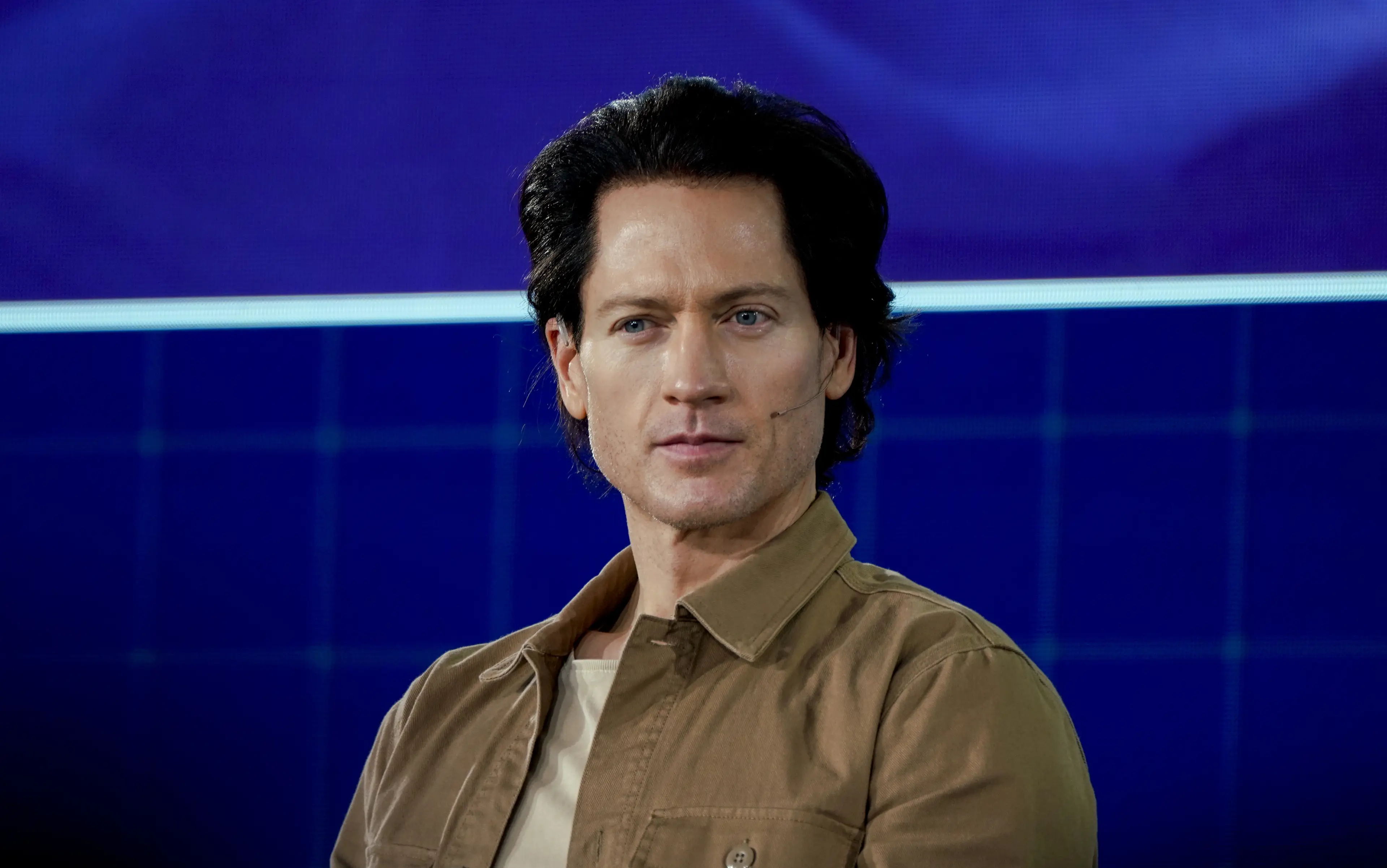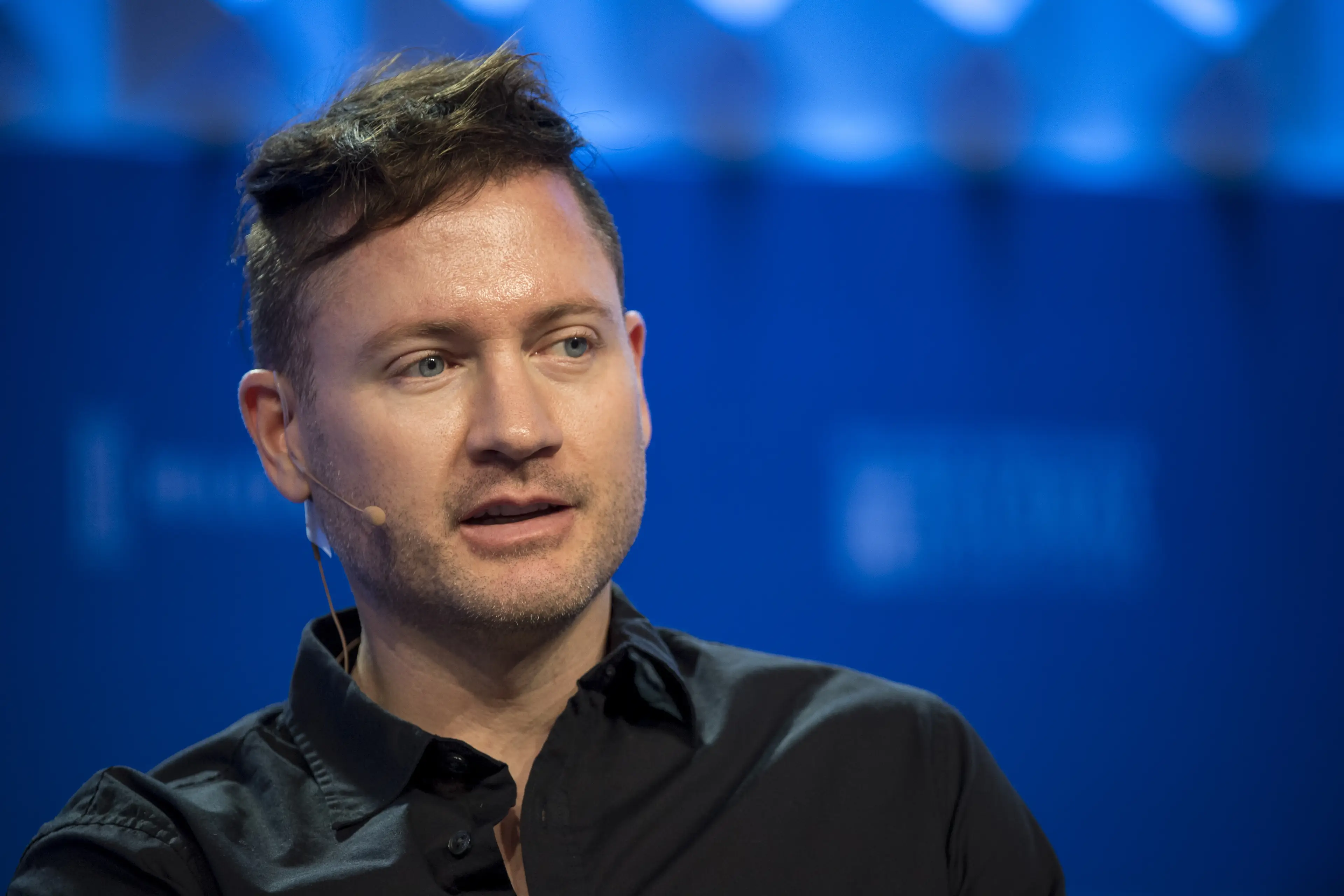
Biohacker Bryan Johnson has explained why he's ditched a purported anti-ageing drug despite his ongoing efforts to try and 'live forever'.
Johnson, who is 47 years old but claims to have the heart health of a 37-year-old, spends as much as $2 million a year on research and trials to try and reduce his biological age.
His efforts have included 'editing' his DNA and sharing blood with his family members, and he's also described taking a cocktail of supplements and drugs to ward off ageing.

Advert
Among those drugs was rapamycin; a drug typically used to treat conditions such as cancer or lung diseases, but which has also been studied for its anti-ageing properties.
It was this latter use that Johnson was interested in as he took part in 'almost 5 years of experimentation with this molecule for its longevity potential'.
However, in a post on Twitter shared in recent weeks, Johnson announced that he stopped taking rapamycin in September 2024.
The biohacker told his followers he'd been testing the drug in various different ways, switching up dosages and schedules to 'optimize rejuvenation and limit side effects'.
But while pre-clinical trials revealed 'immense potential', Johnson revealed a concerning finding: the drug could actually have been speeding up the ageing process due to its side-effects.
Johnson listed the symptoms he'd experienced from taking the drug, including 'intermittent skin/soft tissue infections, lipid abnormalities, glucose elevations, and increased resting heart rate'.

Research cited by the National Library of Medicine has indicated a link between a higher resting heart rate and increased risk of cardiovascular disease, meaning the symptom experienced by Johnson could have detrimental effects in the long term.
He went on to site research published in October that indicated rapamycin was 'one of a handful of supposed longevity interventions to cause an increase/acceleration of aging in humans across 16 epigenetic aging clocks'.
With that in mind, Johnson explained: "My team and I came to the conclusion that the benefits of lifelong dosing of Rapamycin do not justify the hefty side-effects.
"With no other underlying causes identified, we suspected Rapamycin, and since dosage adjustments had no effect, we decided to discontinue it entirely."
"Longevity research around these experimental compounds is constantly evolving, necessitating ongoing, close observation of the research and my biomarkers which my team and I do constantly," he added.
Though Johnson has decided to stop using rapamycin, his mission to reverse ageing is ongoing, and he continues to shares insights and updates with his followers.
Topics: Health, Science, Bryan Johnson